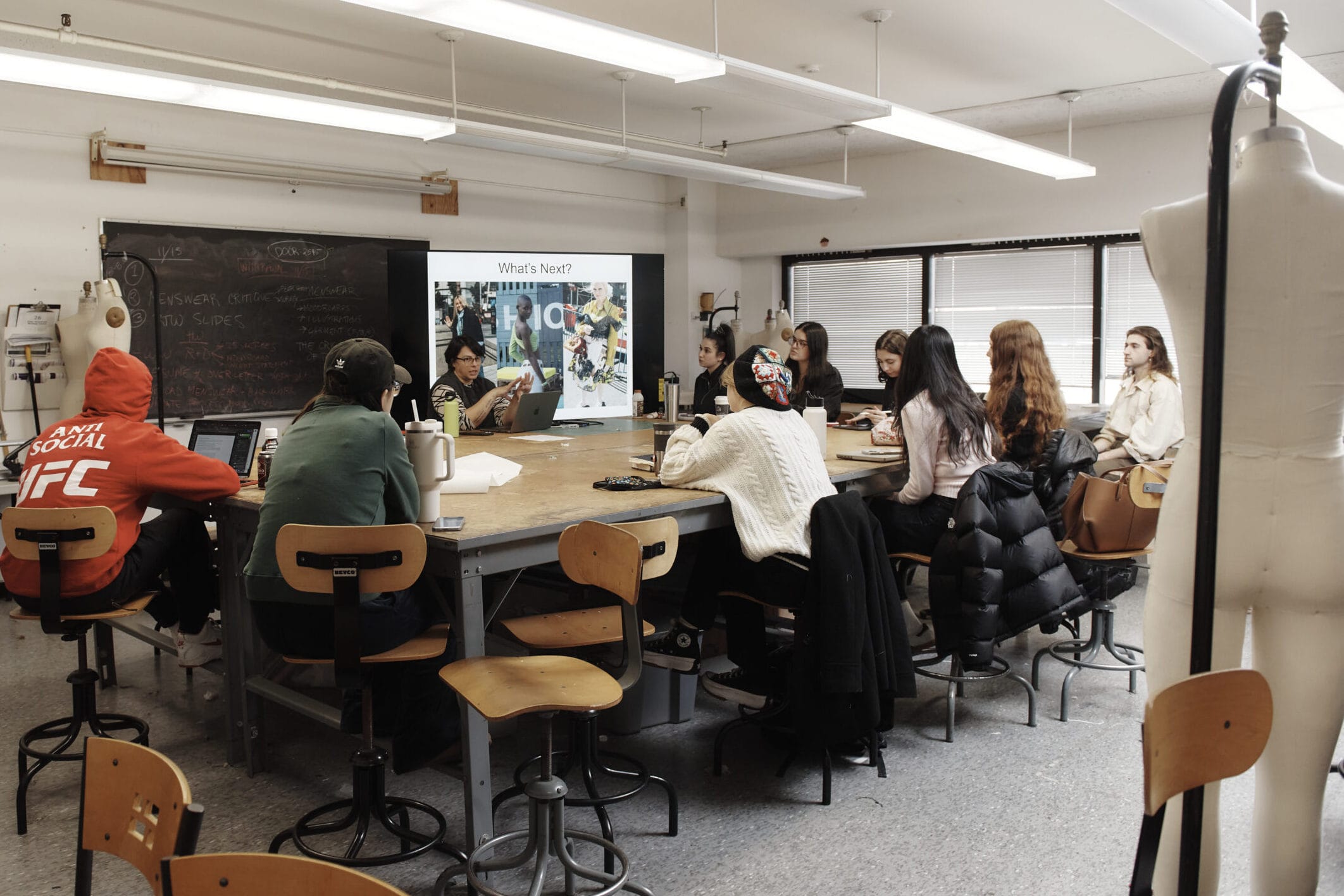
Get started with a wide range of career tools and resources designed to help you get where you want to be.
Learn More
Through our internship program, all MassArt students can register internships for three elective credits toward their degree. Qualifying internships must be structured in a way that offers you mentorship, training, and experience to prepare you for your future career and help you start building a professional network. We recommend that you complete one or two internships before graduation.
Each year, MassArt awards 40+ need-based $2,000 Internship Incentive Awards to undergraduate students to help off-set the cost of completing an internship for academic credit.
Learn More
Get started with a wide range of career tools and resources designed to help you get where you want to be.
Learn More